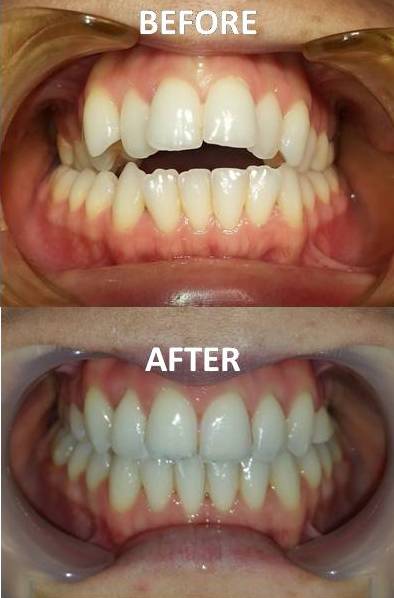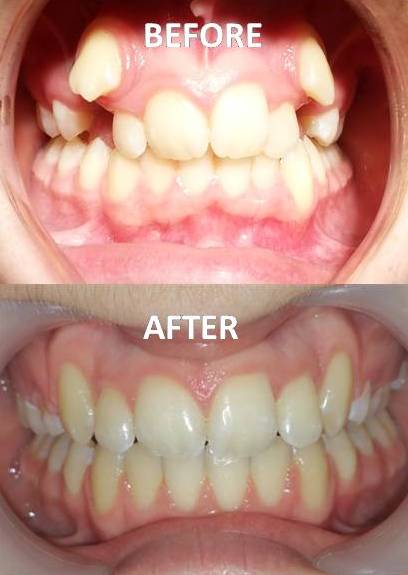Orthodontics specialises in the diagnosis, prevention and treatment of dental and facial irregularities in children and adults.
Malocclusion is the technical word used for orthodontic problems and to describe a bad bite. Orthodontics looks at genetic variation, development and growth of the facial tissues, and how these factors influence the bite and alignment of the teeth and the health of other associated organs.
Orthodontists need to be highly skilled in order to bring teeth, lips and jaws into proper alignment. If left untreated, crooked teeth could lead to an improper bite, tooth wear, tooth injury and even tooth decay and gum disease. One’s personal self-confidence can also be affected so it is a good idea to correct the problem earlier rather than in later years when additional dental care may be required to treat the problem.
From diagnosis to identification of facial irregularities and dental abnormality, a great deal of professional skill is required to design, apply and control corrective appliances or braces in order to achieve better function and improved appearance.

Frequently Asked Questions
What is orthodontic treatment?
Orthodontic treatment is a way of straightening or moving teeth, to improve the appearance of the teeth and how they work. It can also help to look after the long-term health of the teeth, gums and jaw joints, by spreading the biting pressure over all the teeth.
Orthodontic Assessment
The best time to have an orthodontic assessment is before the adult teeth come through. Treatment usually begins after you have lost all your milk (baby) teeth, which is normally in your early teens. This is when there is favourable growth to straighten teeth.
At the initial appointment, your orthodontist will do a very detailed dental examination. If necessary, a number of X-ray pictures may be taken. These show your orthodontist how the facial bones and teeth are developing. The orthodontist may also make some moulds of your teeth and take some photographs.
If you have any decayed teeth, these will need to be treated by your dentist before orthodontic treatment starts. Your orthodontist will explain:
- which type of brace is most suitable
- what the treatment involves and how long it will take
- what you will need to do to help achieve the best result
Will I need to have teeth removed?
You may not have enough room for all your permanent teeth and so it may be necessary to take out some permanent teeth to make space. Your dentist will tell you whether this is the case.
How long will it take?
The length of treatment depends on how severe the problem is, and may take anything from a few months to two and a half years. Most people can be treated in one to two years.

